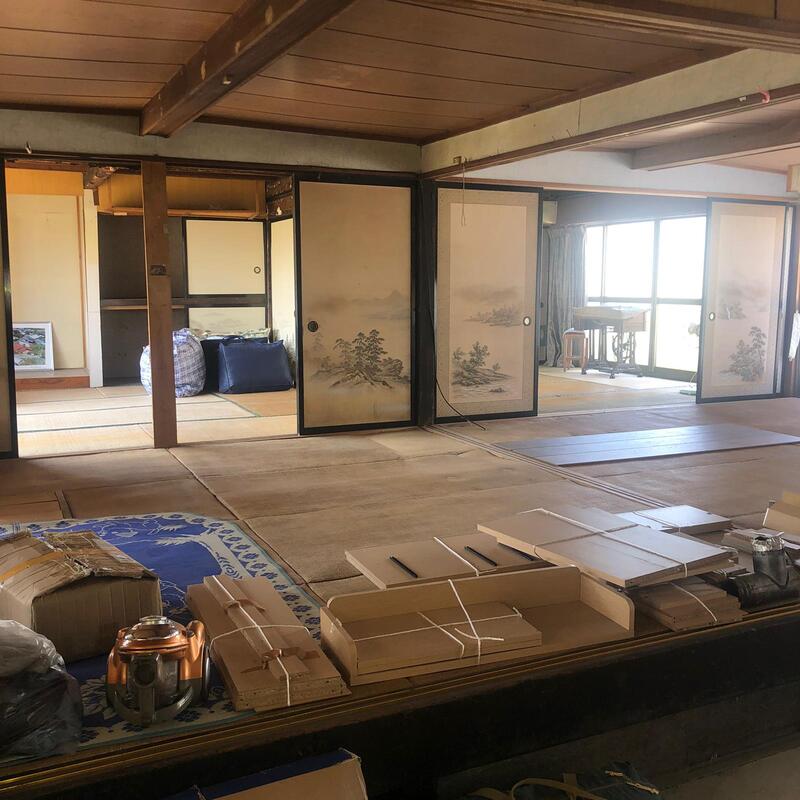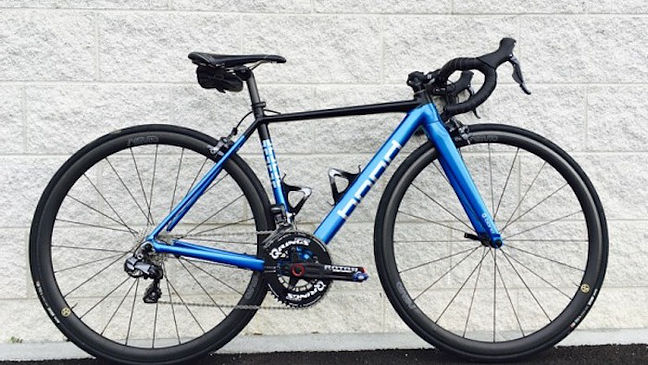|
Yes, that's right! After more than 10yrs servicing the Tokyo locale we are relocating to a new place in the Japanese Alps in Gunma near to Takasaki.
Stay tuned as we transform our 150yr old Japanese farmhouse into the new GS Astuto HQ. With more space for combined shop, cycling center and stay, the new GS Astuto location is perfectly situated in the foothills of the Japanese Alps and convenient to Shinkansen, Highway and of course Cycling from Tokyo. It has been a dream of mine to have 'a place in the hills' where we can relax a bit more, have a nice garden and be on the doorstep of some of the world's best riding! Plans are such that we will be operating a very limited wheel building shop from July, then as renovations progress, plan on opening our facility to the public in early 2022. Thanks again for all your support!
0 Comments
Emma Pooley challenging the Haute Route Alpe d'Huez. A 3 day sportif held in the iconic Alpe d'Huez region of France. After Stage 2, Emma is in 1st place (women) and top 5 ranking overall (men and women). Emma is GS Astuto's global ambassador and consulting engineer giving us valuable feedback on real world performance and durability. The only way to truly build great wheels is have them raced and ridden by truly great riders!
|
Directeur
News, views and tales from the bench and beyond. Expect some rants and raves from a longtime cyclist, entrepreneur, mechanic and father. Archives
Categories
|


 RSS Feed
RSS Feed